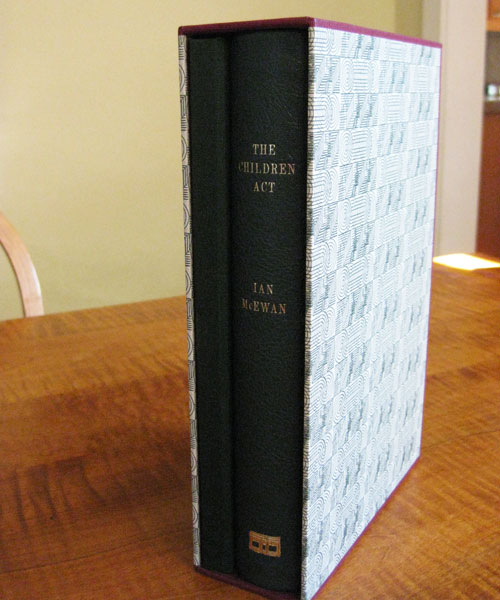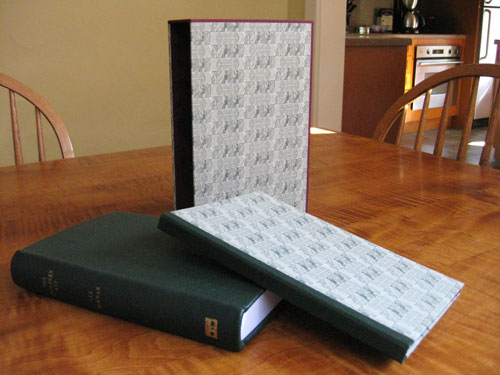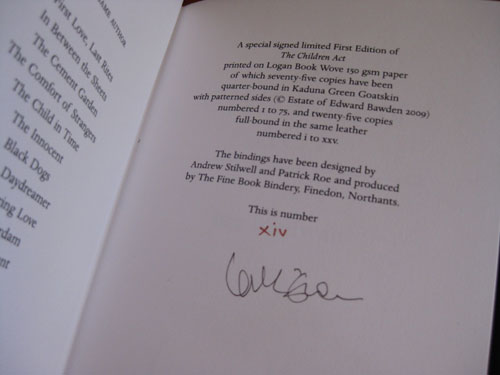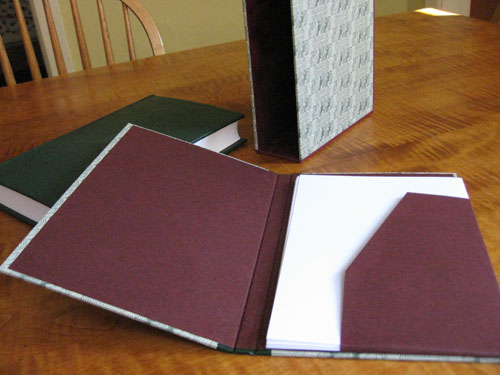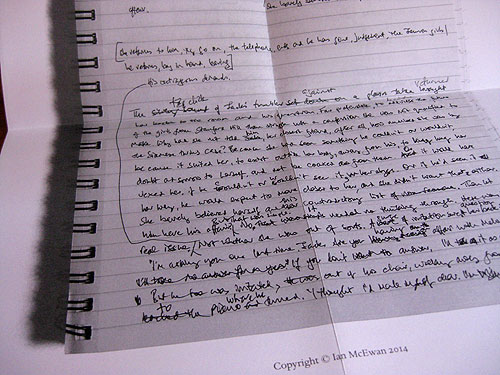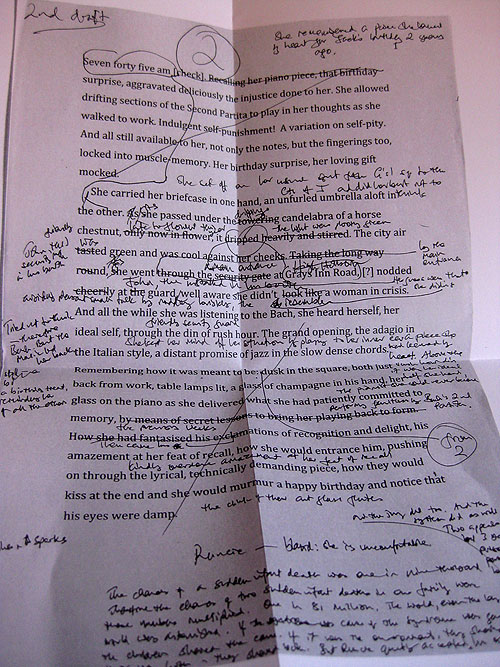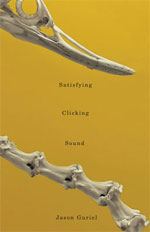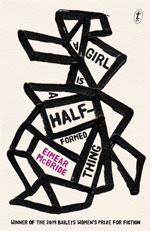We’re tremendously blessed here in the Greater Toronto area and beyond that, to southwestern Ontario, with a year-round wealth of live events through which one can experience the joy of the written word. You can hear those wonderful words read aloud, you can meet the writers, you can purchase their works (and often get them signed or inscribed), you can celebrate with fellow booklovers. The places in which these experiences take place run the gamut, from libraries, bookstores, lecture and performance halls, to pubs, coffee shops and living rooms. More and more, those places are also in the ether, as readings and panels are broadcast and livestreamed online – so you can be in a remote location and/or in your jammies and can still partake of literary delights.
Looking back over 2014, I’m delighted to recall just how much I took advantage of what was available to an avid reader hereabouts. My goal in 2015 is to do even more, if I can, to support authors, publishers and booksellers by attending and talking about their events.
January 26, 2014
Transatlantic Poetry
Venue: Google +
Writers: John Glenday and Dorianne Laux
Host/moderator: Robert Peake
Poets John Glenday and Dorianne Laux took part in this unique virtual event, with Glenday reading from the Scottish Highlands and Laux reading from her home in North Carolina. Read more about it here.

January 29, 2014
Pivot Readings
Venue: The Press Club, Toronto
Writers: Eufemia Fantetti, Julie Joosten, David McGimpsey
Host/moderator: Bianca Spence
Curator/organizer: Jacob McArthur Mooney
Learn more here about the well regarded and always warmly anticipated Pivot Readings series. They present monthly “the writers breathing life into Canadian literary culture. Established and emerging, time-tested and fresh; we’re what’s happening in literature, right now.”
March 5, 2014
Brockton Writers Series
Venue: full of beans Coffee House & Roastery, Toronto
Writers: Michael Fraser, Angie Abdou, John Degen, Veena Gokhale
Host/moderator: Farzana Doctor
Founded in 2009, Brockton Writers Series has aimed from the outset to host writers who reflect Canadian literature and Canadian diversity. That definition of diversity includes: established and emerging writers, writers of colour, queer writers, younger and older writers, aboriginal writers and other writers who might not always have the platform to showcase their work. Learn more about the series here.
 March 13, 2014
March 13, 2014
International Festival of Authors (IFOA)
Venue: Lakeside Terrace, Harbourfront Centre, Toronto
Writers: Claire Cameron, Karen Russell, Helen Walsh
Host/moderator: Emily Keeler
Read more about this event here.
Since its inception in 1974, the International Festival of Authors (IFOA), which started as the Harbourfront Reading Series, has played an important role in the cultural life of Canada. IFOA presents the finest international novelists, poets, playwrights, short story writers and biographers, and provides Canadian writers with an internationally recognized forum in which to present their work. IFOA events range from weekly readings to their annual fall literary extravaganza to initiatives for younger readers.
March 24, 2014
International Festival of Authors (IFOA)
Venue: Brigantine Room, Harbourfront Centre, Toronto
Writer: Lorrie Moore
Host/moderator: Jared Bland
Read more about this event here.

April 1, 2014
National Poetry Month with the League of Canadian Poets
Venue: Ben McNally Books, Toronto
Representatives of the League of Canadian Poets gathered to celebrate the start of National Poetry Month and to announce the shortlists for their slate of poetry awards: the Raymond Souster Award, the Pat Lowther Memorial Award, the Gerald Lampert Memorial Award and the winner of the Sheri-D Wilson Golden Beret Award. It’s all detailed here.

April 16, 2014
Wolsak & Wynn / Buckrider Books launch
Venue: Gladstone Hotel, Toronto
Writers: DD Miller, Erina Harris, David James Brock
Host/moderator: Paul Vermeersch
As they describe themselves, Wolsak and Wynn is a quirky literary press based in the heart of Hamilton. With steel mills on one side of us, the Niagara escarpment on the other and Toronto somewhere off in the distance we spend our time producing brilliant, highly individual and sometimes provocative books. Learn more here.

April 22, 2014
Anansi Poetry Bash
Venue: The Garrison, Toronto
Writers: Sarah Lang, Garth Martens, Anne-Marie Turza, Matthew Zapruder
Host/moderator: Damian Rogers
This was an evening of compelling readings from the latest crop of fine poetry coming from House of Anansi Press, a storied Canadian publishing company founded in 1967 by Dennis Lee and David Godfrey, and early publisher of Margaret Atwood, Michael Ondaatje, Matt Cohen and other writers forming the foundation of modern Canadian literature.

May 9, 2014
Brick Books launch
Venue: Ben McNally Books, Toronto
Writers: Joanna Lilley, Jane Munro, Arleen Paré, Karen Enns
Host/moderator: Kitty Lewis
This was a celebration of the latest poetry releases from Brick Books, a press specializing in publishing poetry founded in 1975 by Stan Dragland and Don McKay … and now celebrating its 40th anniversary in 2015.

June 4, 2014
Griffin Poetry Prize 2014 shortlist readings
Venues: Koerner Hall, Toronto + livestream
writers: Rachael Boast, Carl Phillips, Brenda Hillman, Tomasz Rózycki, Mira Rosenthal, Anne Carson, Sue Goyette, Anne Michaels
Host: Scott Griffin
Founded in 2000, the Griffin Poetry Prize is the world’s largest prize for a first edition single collection of poetry written in English, with international (including translation) and Canadian prizes. The Griffin Trust For Excellence In Poetry aims to spark the public’s imagination and raise awareness of the crucial role poetry plays in our cultural life. One of the most coveted Canadian arts events tickets are those to the annual Griffin Poetry Prize shortlist readings, which are now generously shared via livestream so poetry lovers around the world can enjoy them.
June 25, 2014
International Festival of Authors (IFOA)
Venue: Brigantine Room, Harbourfront Centre, Toronto
Writers: Emma Healey, Linda Holeman, Tom Rachman
Host/moderator: Becky Toyne
Read more about this event here.

September 16, 2014
“Domestic Chaos” book launches (Arsenal Pulp Press, Coach House Books)
Venue: Type Books, Toronto
Writers: Angie Abdou, Brecken Hancock
Host/moderator: Trevor Cole
In the cozy setting of beloved Type Books in Toronto, Angie Abdou read from her novel Between (Arsenal Pulp Press) and Brecken Hancock brought to life selections from her poetry collection Broom Broom (Coach House Books).
September 17, 2014
International Festival of Authors (IFOA)
Venue: Fleck Dance Theatre, Harbourfront Centre, Toronto
Writers: Ben Lerner, Ian McEwan
Host/moderator: Carol Off
Read more about this event here.
October 24, 2014
International Festival of Authors (IFOA)
Venue: Fleck Dance Theatre, Harbourfront Centre, Toronto
Writers: Colm Toibin, Marilynne Robinson
Host/moderator: Eleanor Wachtel
Read more about this event here … and listen to it here.
October 25, 2014
International Festival of Authors (IFOA) – Poets’ Summit
Venue: Studio Theatre, Harbourfront Centre, Toronto
Writers: Gary Geddes, Catherine Graham, Julie Joosten, Jacob Scheier, Adam Sol, David Martin
Host/moderator: Mary Ito
Read more about this event here.
October 26, 2014
International Festival of Authors (IFOA)
Venue: Brigantine Room, Harbourfront Centre, Toronto
Writers: Oana Avasilichioaei, Martha Baillie, Nick Cutter, Gary Geddes
Host/moderator: Farzana Doctor
Read more about this event here.
October 26, 2014
International Festival of Authors (IFOA) – Outer Influences
Venue: Studio Theatre, Harbourfront Centre, Toronto
Writers: Adam Sol, Matthew Thomas, Russell Wangersky
Host/moderator: Steven Beattie
Where does a story come from? A poet and two novelists shared their influences and inspirations. Read more about this event here.
October 28, 2014
International Festival of Authors (IFOA) – Penguin Canada’s 40th Anniversary
Venue: Brigantine Room, Harbourfront Centre, Toronto
Writers: Joseph Boyden, Lee Henderson, John Ralston Saul, Johanna Skibsrud
Host/moderator: Jared Bland
… at which everyone was provided with a glass of champagne to toast Penguin Canada, thereby setting the tone for a most lively occasion. Read more about this event here.
October 29, 2014
International Festival of Authors (IFOA)
Venue: Fleck Dance Theatre, Harbourfront Centre, Toronto
Writers: Joseph Kertes, Laila Lalami, Eimar McBride, Kathleen Winter
Host/moderator: Nathan Whitlock
Read more about this event here.
October 30, 2014
International Festival of Authors (IFOA) – Crowds, Comments and Community: Understanding Writing in the Digital Age
Venue: Lakeside Terrace, Harbourfront Centre, Toronto
Writers: Emily Lindin, Sina Queyras, Anna Todd
Host/moderator: Mark Medley
Read more about this event here … and listen to it here.
November 1, 2014
International Festival of Authors (IFOA)
Venue: Lakeside Terrace, Harbourfront Centre, Toronto
Writers: Dionne Brand, Frances Itani, Kathryn Kuitenbrouwer, Kate Pullinger
Host/moderator: Ania Szado
Read more about this event here.
November 2, 2014
International Festival of Authors (IFOA)
Venue: Brigantine Room, Harbourfront Centre, Toronto
Writers: David Bergen, Michael Crummey, Charlotte Gray, Claire Holden Rothman
Host/moderator: Jacob McArthur Mooney
Read more about this event here.

November 3, 2014
Scotiabank Giller Prize 2014 finalist readings
Venues: Koerner Hall, Toronto + livestream
writers: David Bezmozgis, Frances Itani, Sean Michaels, Heather O’Neill, Miriam Toews, Padma Viswanathan + guest presenters
Host/moderator: Carol Off
The Giller Prize was founded in 1994 by Jack Rabinovitch in honour of his late wife, literary journalist Doris Giller, who passed away from cancer the year before. The award recognized excellence in Canadian fiction – long format or short stories – and endowed a cash prize annually of $25,000.00, the largest purse for literature in the country. Over 20 years later, the prize now provides $100,000 to the winner and $10,000 to each finalist. Part of the celebration of the finalists for the prize includes public readings and presentations of the nominated works, which are also presented via livestream.
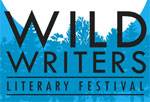
November 7, 2014
Wild Writers Festival
Venue: CIGI Campus Auditorium, Waterloo
Writers: Emma Donoghue, Ann-Marie MacDonald
Host/moderator: Craig Norris
Now in its third year, the Wild Writers Festival presented by publication The New Quarterly, Words Worth Books and other generous sponsors pays tribute to “the fearless readers and writers who open up new worlds. Who revel in a well-turned phrase and a well-worn page.”

November 20, 2014
ECW Press fall book launch
Venue: Cadillac Lounge, Toronto
Writers: Tony Burgess, Catherine Gildiner, Paul Illidge, John Jantunen, Paul Vermeersch, Bruce Whiteman
Founded in 1974 by Jack David and Robert Lecker, ECW Press started as a Canadian literary magazine named Essays on Canadian Writing. Learn more here.
I’d love to get your comments, here or on Twitter (sent to @bookgaga, please), on your favourite literary events of the past year, and what you’re looking forward to in the new year.
- Did you attend any of the events listed above?
- Did you see any of these same authors, but at different festivals, venues, etc.?
- What were your favourite literary events of the year?
- Did you attend any virtual literary events last year?
- What literary events are you looking forward to attending in the new year?
- Who would you like to single out for praise for championing and organizing literary events in your community?
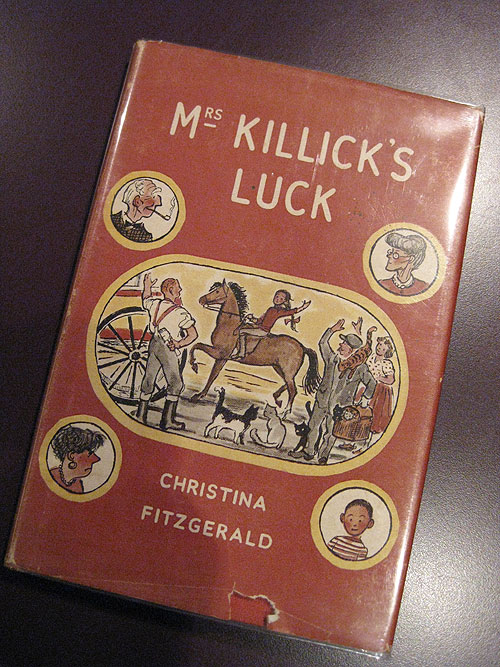
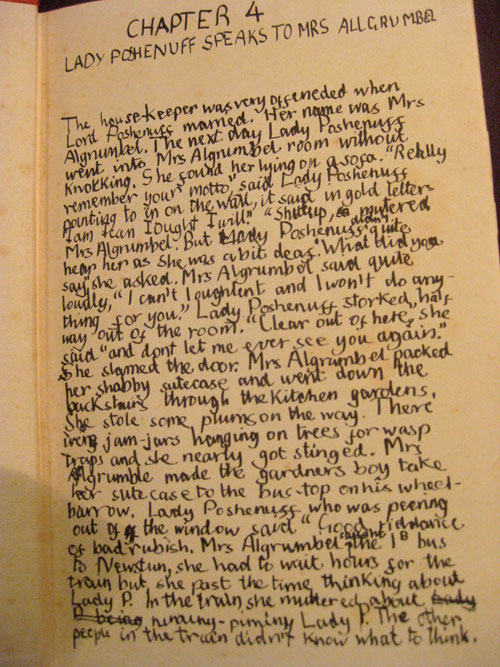
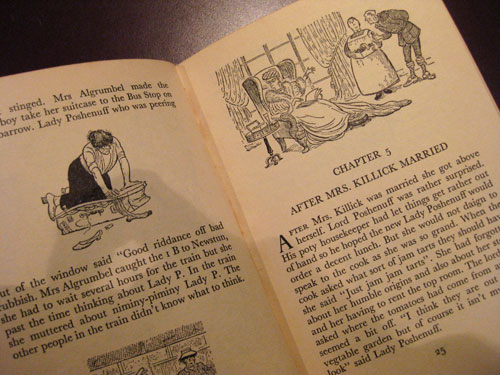

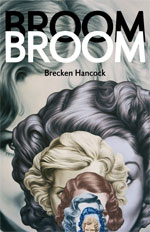







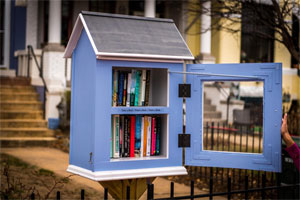
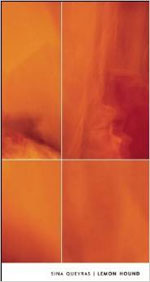 Poet Jacob McArthur Mooney recently sparked a discussion on Facebook about online publications with a mandate to publish new work by Canadian poets. With his go-ahead, I’m moving the list that resulted from the discussion here. Where I can find them, I’ve added links and Twitter handles. Broadening the definition just a bit, there are some publications on this list that have a print counterpart. I’ve also added a few web sites that go back a bit in terms of Canadian poetry history and archives, and some that might be now defunct in terms of publishing new material, but still offer interesting selections and back issues (and hey, you never know – sometimes these things come back to life!)
Poet Jacob McArthur Mooney recently sparked a discussion on Facebook about online publications with a mandate to publish new work by Canadian poets. With his go-ahead, I’m moving the list that resulted from the discussion here. Where I can find them, I’ve added links and Twitter handles. Broadening the definition just a bit, there are some publications on this list that have a print counterpart. I’ve also added a few web sites that go back a bit in terms of Canadian poetry history and archives, and some that might be now defunct in terms of publishing new material, but still offer interesting selections and back issues (and hey, you never know – sometimes these things come back to life!)